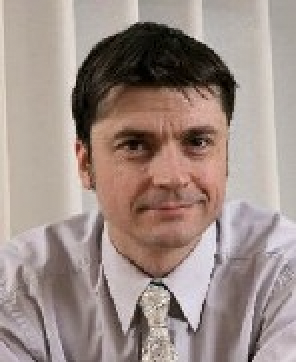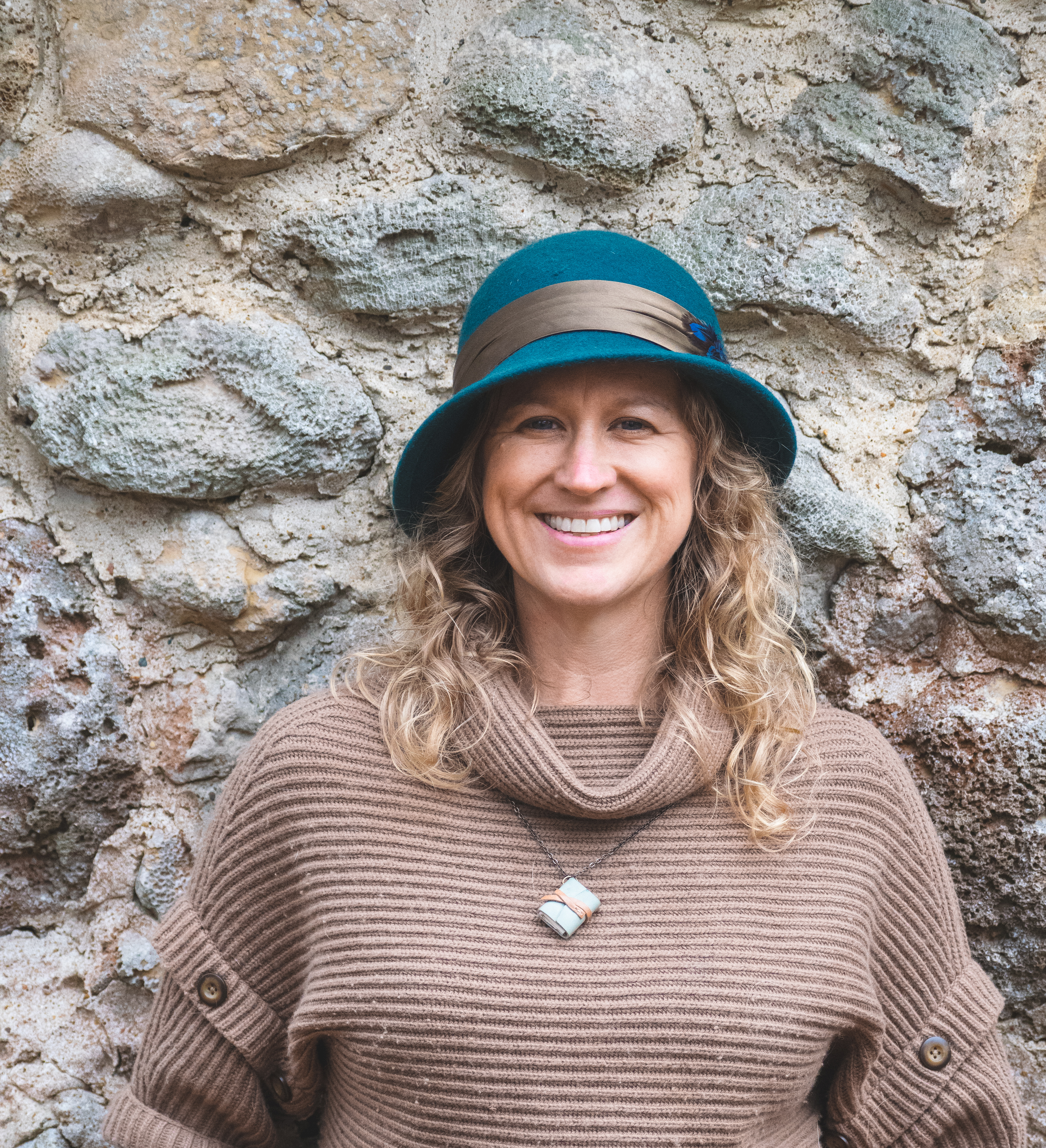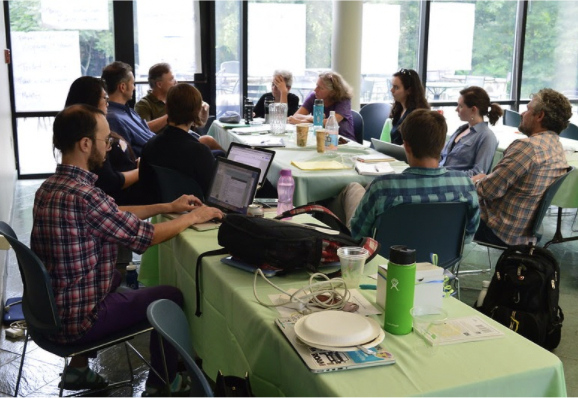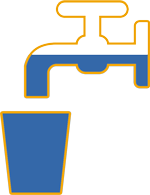Socio-Technical Change for Urine Recycling
Watch the video on YouTube to view timestamps for different speakers.
View key comments from the Zoom chat here.
The project of urine diverting in the Saint-Vincent-de-Paul district (Paris 14e, France) – Presentation and perspectives
 Aurélie Joveniaux, geographer, is researcher in the LEESU (Water, Environnement and Urban Systems Laboratory) at the Ecole des Ponts (France). She carries out work on the dynamics, brakes and levers around innovative projects of source separation of human excreta.
Aurélie Joveniaux, geographer, is researcher in the LEESU (Water, Environnement and Urban Systems Laboratory) at the Ecole des Ponts (France). She carries out work on the dynamics, brakes and levers around innovative projects of source separation of human excreta.
 Bernard de Gouvello is researcher at the CSTB (Scientifical and Technical Center of the Building) and the LEESU – Ecole des Ponts. He studies innovations in water and sanitation management in the building and their impacts at the urban scale.
Bernard de Gouvello is researcher at the CSTB (Scientifical and Technical Center of the Building) and the LEESU – Ecole des Ponts. He studies innovations in water and sanitation management in the building and their impacts at the urban scale.
 Fabien Esculier is a Ponts et Chaussées engineer. He coordinates the OCAPI research & action program in the LEESU – Ecole des Ponts, which aims at studying the contemporary mutations of nutrient flows, and the management of human nutrient excretion.
Fabien Esculier is a Ponts et Chaussées engineer. He coordinates the OCAPI research & action program in the LEESU – Ecole des Ponts, which aims at studying the contemporary mutations of nutrient flows, and the management of human nutrient excretion.
 Why we need more technology developers to take part in socio-technical systems research on urine recycling
Why we need more technology developers to take part in socio-technical systems research on urine recycling
Prithvi Simha is a Post-Doctoral Researcher at the Swedish University of Agricultural Sciences and CTO of Sanitation360 AB. His research focuses on urine chemistry, and he is developing the on-site technology – alkaline urine dehydration. In parallel, he also performs research to help identify drivers and barriers to new sanitation technologies and behaviors.

Social-Ecological-Systems Framework to Assess Adaptive Capacity for Regenerative Sanitation System
Hayley Joyell Smith is a PhD student in the Water Resources lab at University of Georgia. Her research is on the ethics, education, and systems thinking of wastewater systems. Hayley is a Director for the Board of PHLUSH (Public Hygiene Lets Us Stay Human).
 Integrative research, nested risks and responsibilities, and opportunities for co-learning about urine nutrient reclamation
Integrative research, nested risks and responsibilities, and opportunities for co-learning about urine nutrient reclamation
Tatiana Schreiber, Julia Cavicchi, Shaina Opperman, and Rebecca Hardin are collaborators on social research into urine recycling, as part a multi-year NSF-funded project between the Rich Earth Institute and University of Michigan.
Tatiana Schreiber is the social research director at the Rich Earth Institute, with a particular focus on working with and learning from farmers about their interests and needs.
Julia Cavicchi is a research associate at Rich Earth who supports our community engagement and education initiatives, including an annual home gardening program called “Urine My Garden.”
Shaina Opperman is a research assistant with the University of Michigan School for Environment and Sustainability who supports the NSF-funded research project and Michigan Sustainability Cases Initiative.
Rebecca Hardin is a professor of anthropology at the University of Michigan and was Co-Principal Investigator for the NSF grant.

